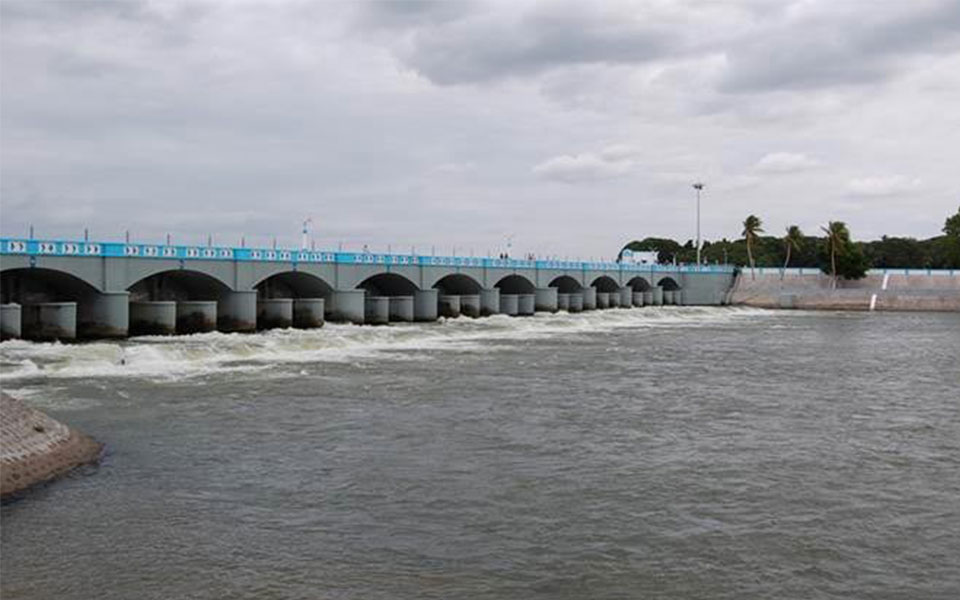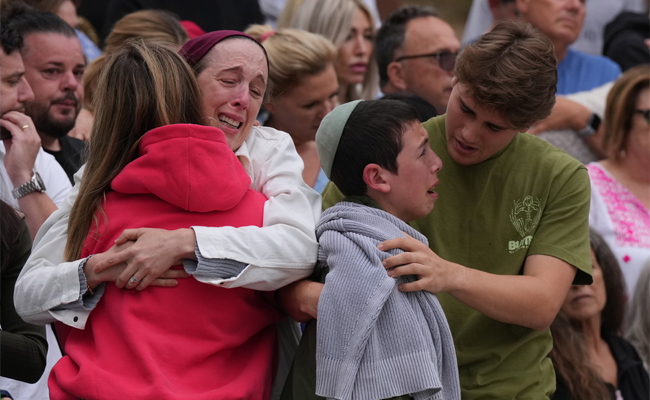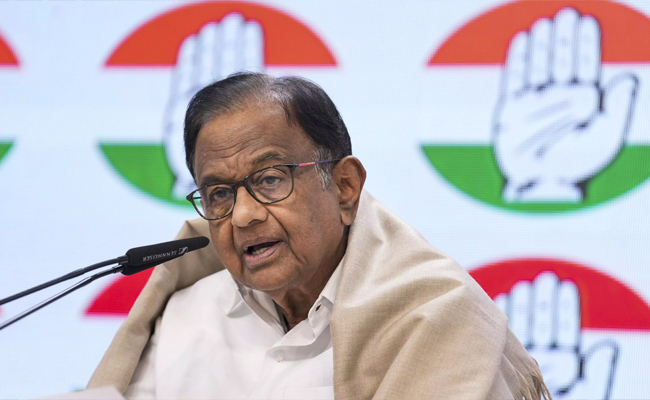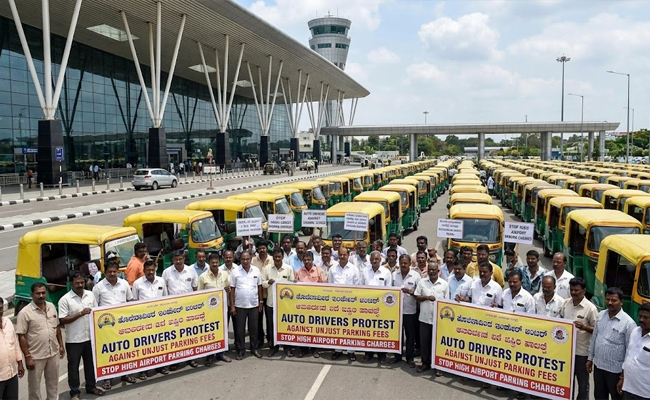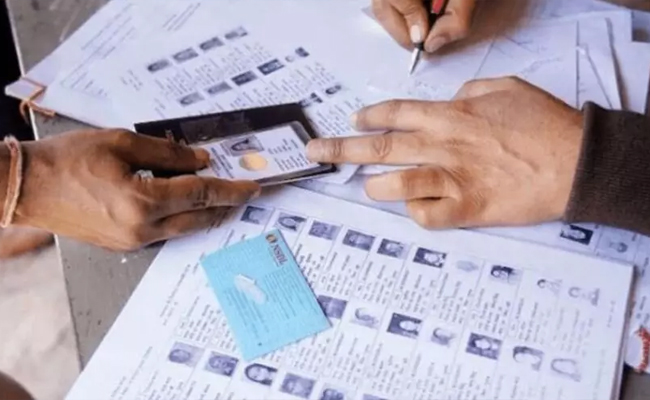Bengaluru, June 19: Karnataka should have a say implementing the decisions of the Cauvery Water Management Authority (CWMA), especially on releasing water when it is low in its reservoirs across the river basin, Chief Minister H.D. Kumaraswamy said on Tuesday.
"Karnataka should have a say on releasing the Cauvery water, especially on occasions when water is less in our dams and full in the dams of the neighbouring states in the river basin," Kumaraswamy told reporters here.
Noting that the state's farmers would face difficulties if the Authority directed the state to release the river water once in 10 days in a month, the Chief Minister said it would be impossible to implement this if the state's farmers were directed to grow a particular crop in which they may not be interested.
"But if the Authority decides that our farmers should grow a particular crop which may not be in their interest, it will be impractical to implement such a direction. This is one of the issues I raised and objected to in my meeting with Prime Minister Narendra Modi in Delhi on Monday," Kumaraswamy said.
At his maiden press conference after he assumed office on May 23, the Chief Minister said there were two or three technical issues on setting up the Authority which had to be sorted out before it starts functioning.
"I requested (Union Water Resources Minister) Nitin Gadkari to change the clauses and he had responded positively," Kumaraswamy said.
The Chief Minister also said he would send the names of the state's two nominees on the Authority and the Regulation Committee only after the technical issues were addressed.
"Karnataka, however, will abide by the Supreme Court order on the sharing of the Cauvery water with Tamil Nadu, Kerala and Puducherry," he reiterated.
The Chief Minister on Monday urged Modi against operating the Authority and its Regulation Committee till the issues related to the cropping pattern were addressed.
"I request you to direct the Ministry of Water Resources not to operate the CWMA till issues related to changing the cropping pattern in Karnataka or Tamil Nadu are resolved," Kumaraswamy had said in a letter to Modi.
Noting that changes in the agricultural system could not happen overnight, the letter said farmers would take a long time to realise the value of water and to switch over to modern farming practices.
"It is impractical to force a particular cropping pattern on farmers who have a method of operating over the centuries. Attempt to impose restrictions on farmers on the type of crop to be grown or their agricultural practices will result in protests by farmers, leading to law and order problem," the letter added.
As directed by the Supreme Court on May 18, the Centre on June 1 notified the CWMA for implementing the Tribunal Award on sharing of the river water between Karnataka, Tamil Nadu, Kerala and Puducherry.
Let the Truth be known. If you read VB and like VB, please be a VB Supporter and Help us deliver the Truth to one and all.
Melbourne (PTI): Three Indian students were among 40 people injured in the terrorist attack on Sydney's Bondi Beach in Australia, according to a media report on Tuesday.
Two out of these three students are believed to be receiving treatment in the hospital, The Australia Today news portal reported.
The names of the Indian students injured during Sunday's attack have not been disclosed yet.
ALSO READ: Affront to non-Hindi speaking people: Chidambaram slams use of Hindi words in bills' names
The Indian students sustained injuries during the shooting, and their exact condition has not been formally confirmed yet, it said.
Naveed Akram, 24, and his father, 50, opened fire on a gathering during the Jewish festival Hanukkah by the Sea celebration.
At least 15 people were killed in the attack, including a 10-year-old child. Five of the injured remain in critical condition, while two injured police officers are in serious but stable condition, it added.
New South Wales Police Commissioner Mal Lanyon said the investigation is expanding as new information emerges, including international travel by the alleged attackers and the discovery of extremist material, the report said.

